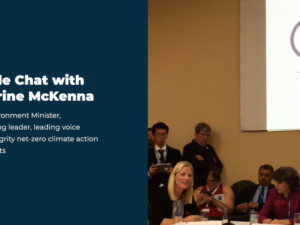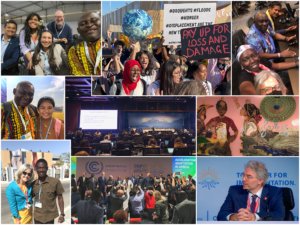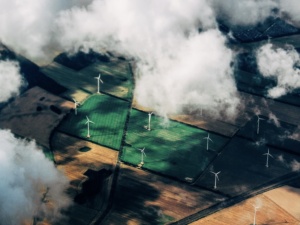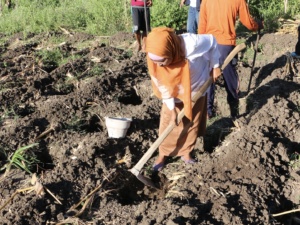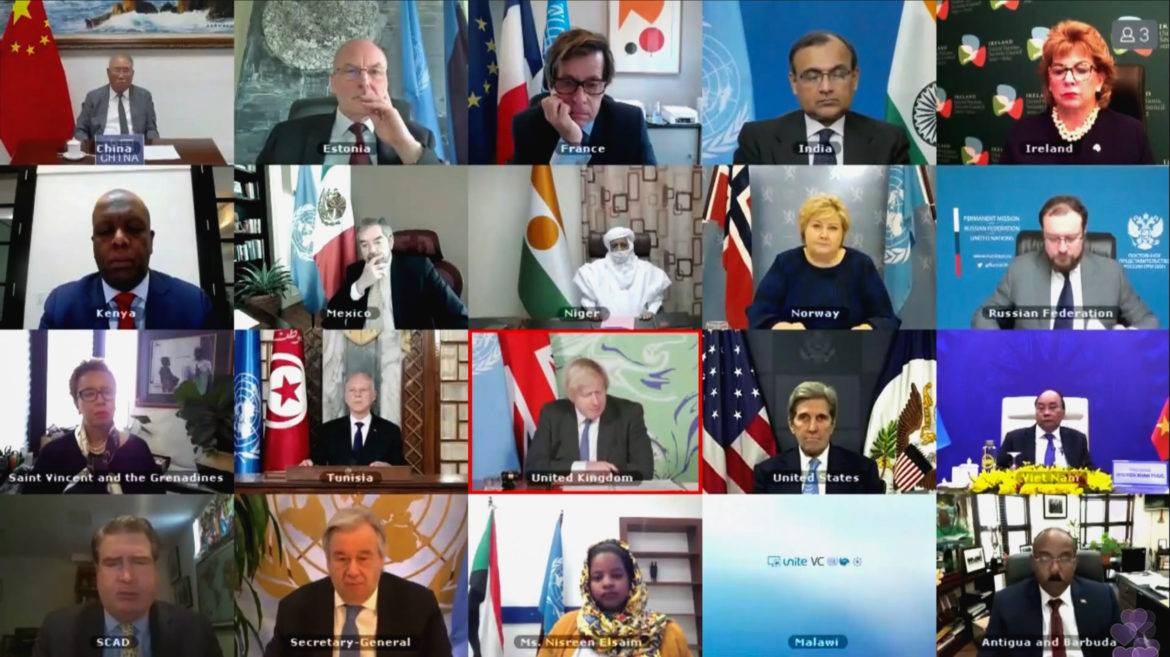
The United Nations Security Council addressed climate disruption as a security threat, in an open debate this week. The meeting was historic, because Member States so forcefully labeled climate change a direct and gathering threat to global peace and security.
Sir David Attenborough warned that “Climate change is the biggest threat to security that modern humans have ever faced,” adding that the disruption already locked in by global heating to date ensures the poorest and most vulnerable are now certain to suffer grievously.
Antonio Guterres, Secretary-General of the United Nations, said “The climate emergency is the defining issue of our time,” describing it as an “amplifier and multiplier” of conflict. He called for urgent action in four areas:
- Greater focus on prevention (mitigation and Paris Agreement compliance);
- Funding to build resilience (including increased investment in adaptation, integrating climate risk into financial models, and investing in women and girls);
- Embracing people-centered security (reducing hunger and vulnerability, building peace and wellbeing through the SDGs);
- Deepening partnerships across agencies and between nations.
Ms. Nisreen Elsaim, Chair of the UN Youth Advisory Group, thanked the Security Council for recognizing climate as a security threat and cited past resolutions recognizing specific climate impacts as drivers of conflict. She noted that hunger, poverty, and uncontrolled climate migration will result in increased risk of conflict and urged the Security Council to recognize the increasing risk of gender-based violence due to climate-driven destabilization.
Norway’s Prime Minister Erna Solberg, said “We must rethink and adapt the Council’s approaches to peacebuilding and sustaining peace in three ways”:
- Better information on climate-related security risks, grounded in the work of international research networks.
- Preventive diplomacy to build peace, with climate-sensitive national context reporting.
- Partnerships and participation by diverse groups, including women and youth, and affected States and regions.
US Special Presidential Envoy for Climate John Kerry noted the Pentagon has for more years characterized it as a “threat multiplier”. He said President Biden will put America on an irreversible path to be at net zero emissions by 2050, emphasizing “irreversible”. He congratulated Ireland and Niger for co-chairing the Informal Expert Group on Climate and Security and called for mainstreaming climate risk into every aspect of public and private sector decision making.
UK Prime Minister Boris Johnson asked the Council to consider the “absolutely real” threat climate disruption poses to peace and security. He spoke of how displacement and deprivation make young boys and girls prey to radicalization and trafficking, and interfere with governments’ ability to function, sending “shockwaves of instability around the world”.
He called on the Security Council to galvanize an integrated response from UN agencies and from governments, to address and mitigate security risks stemming from unchecked climate disruption. Success, in the words of Sir David Attenborough, would mean “We may, for the first time in the entire history of humanity, come to know what it feels like to be secure.”


